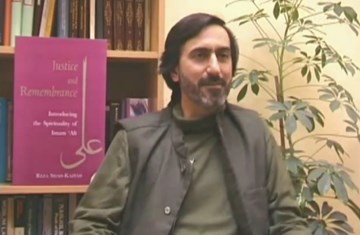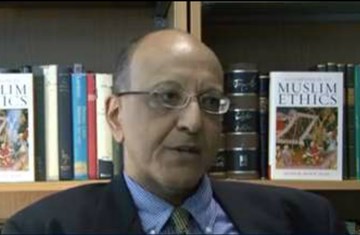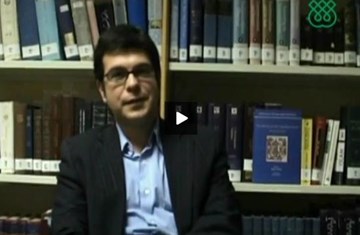A Conversation with Daniel Beben on Jami'i Salasil
In this short interview, Dr Daniel Beben discusses hagiographical literature produced between the 14th and 19th centuries which reflect the acceptance and establishment of Nasir-i Khusraw within the Sufi traditions of Central Asia. The particular focus of the conversation is an account found in a previously unstudied source: the Jami‘ al-salasil of Majd al-Din ‘Ali Badakhshani.
Nasir-i Khusraw was a renowned poet, philosopher, and Ismaili missionary of the eleventh CE century. Among his many accomplishments, he is credited for having introduced the people of the mountainous Central Asian province of Badakhshan to the Ismaili Muslim tradition and is still widely revered among the Ismaili communities of Central Asia. However, there is also another aspect to the legacy of Nasir-i Khusraw in Central Asia which has not been as widely recognised, namely his reputation as a Sufi saint among many Sunni communities in Badakhshan and surrounding areas. This aspect of Nasir-i Khusraw’s legacy is documented in a number of texts dating from the fifteenth to the nineteenth centuries, which are often accompanied by a pseudo-autobiography of Nasir-i Khusraw. This fabricated autobiography seeks to re-write the history of Nasir-i Khusraw, presenting him as a Sunni Muslim with no affiliation to the Ismailis.
In this short interview, Dr Daniel Beben discusses hagiographical literature produced between the 14th and 19th centuries which reflect the acceptance and establishment of Nasir-i Khusraw within the Sufi traditions of Central Asia. The particular focus of the conversation is an account found in a previously unstudied source: the Jami‘ al-salasil of Majd al-Din ‘Ali Badakhshani.










